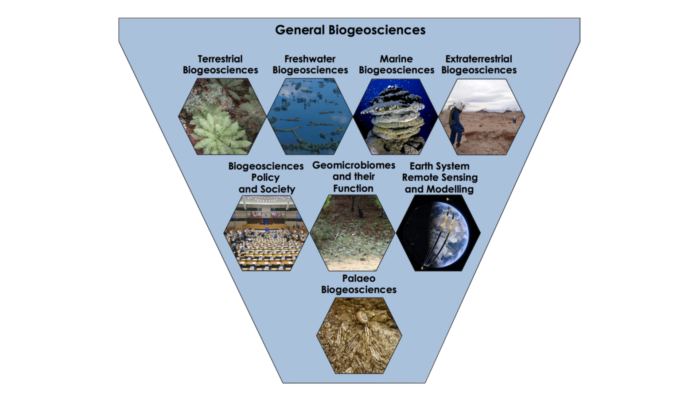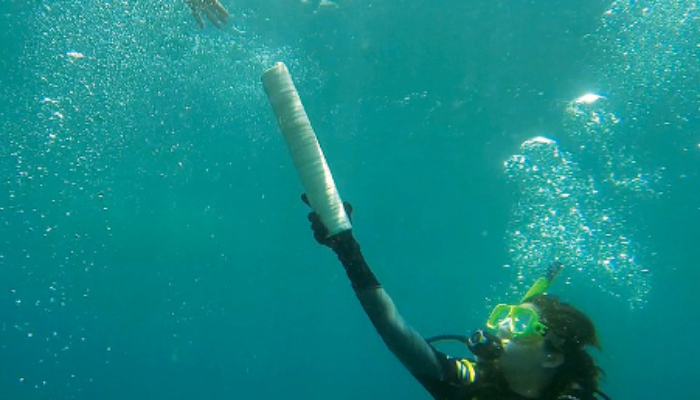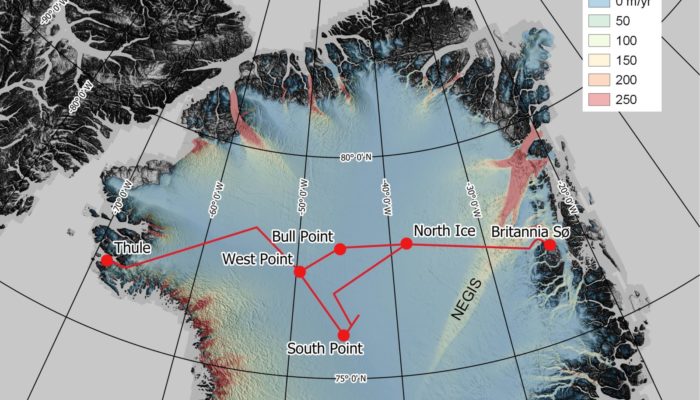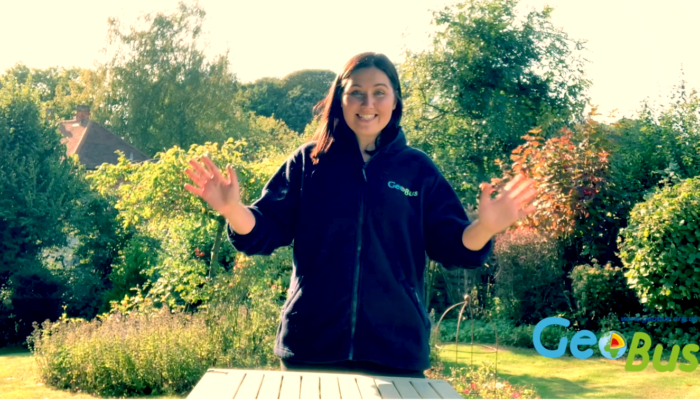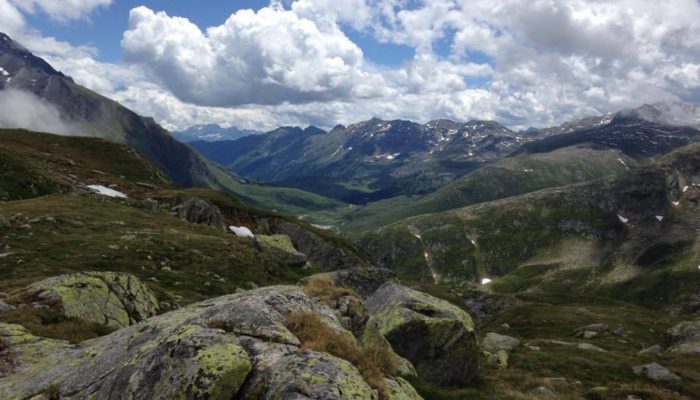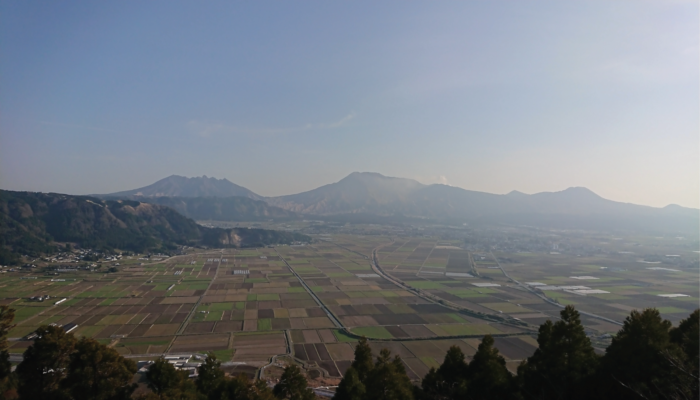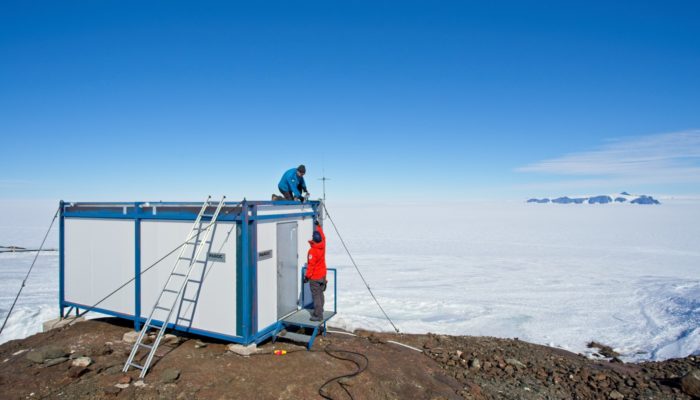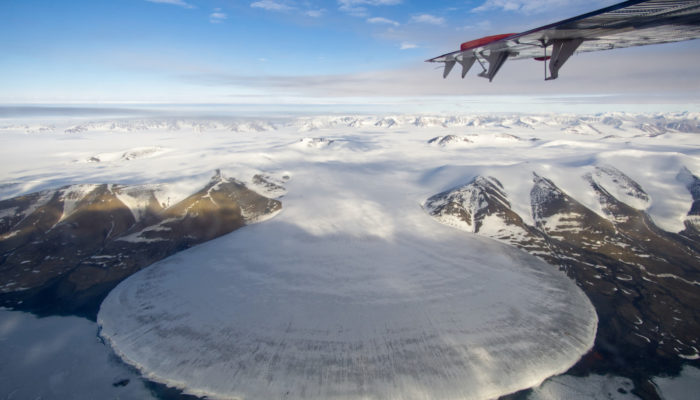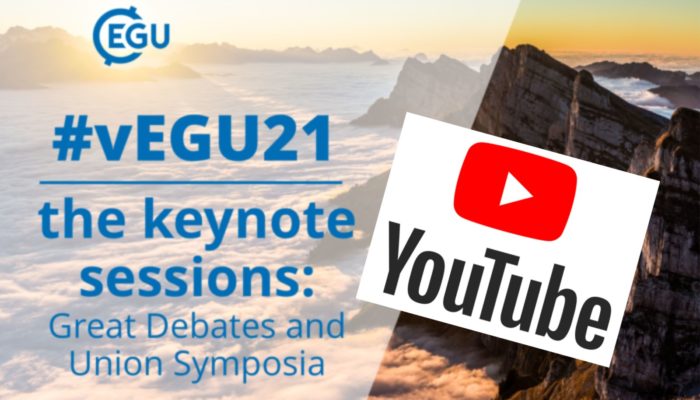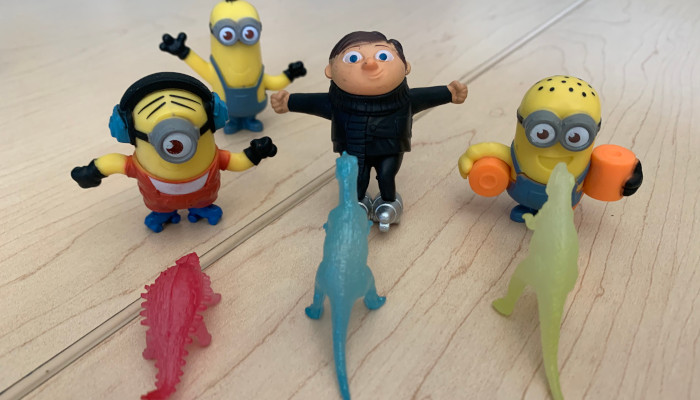Biogeosciences Division Structure During the last EGU Biogeosciences Division Meeting we revealed how the BG Division would evolve over the next 12 months with your support and guidance. The new BG structure will consist of eight sub-divisions illustrated below. This structure maintains the visibility, expertise and diversity of our Biogeosciences community whilst creating new thematics that provi ...[Read More]
GeoLog
Get the picture? How choosing the right photograph can add value to your science communication
If you are a scientist you probably know the value of a good, well designed image. The right graph or diagram can help the reader to really grasp the meaning of a complicated theory or process, help to illuminate a critical piece of data, or highlight a key finding. But whilst much advice exists about how to create effective, accessible images, what about photographs? In our early training, ...[Read More]
Cryospheric Sciences
Re-discovering the British North Greenland Expedition 1952-54
How did we (nearly) all forget about, or simply overlook, a large-scale two-year long mid-20th Century scientific expedition to the northern Greenland Ice Sheet? Particularly an expedition that kick-started some significant glaciological and geophysical careers, developed large-scale polar logistical capabilities, traversed the ice sheet, acquired some novel and critical data, and asked some big r ...[Read More]
Geodynamics
Earth Science Outreach in a Virtual World
Outreach is a fundamental part of science, aiming to inspire and attract the next generation of scientists. Amy Edgington from the Department of Earth Sciences at University College London gives us a glimpse behind the curtain of the GeoBus programme, a free mobile outreach programme that brings interactive Earth Science workshops into the classroom. This week, Amy tells us how the GeoBus had to ...[Read More]
Climate: Past, Present & Future
From mountains to caves: How I found my research niche
What makes you unique as a scientist? Most of us are confronted with this question sooner or later in our career, for example when applying for jobs or research grants. The answer is not always easy, especially for Early Career Researchers (ECRs) still developing a strong scientific profile. For me, being able to clearly identify my research niche has been a long process that involved developing i ...[Read More]
Geochemistry, Mineralogy, Petrology & Volcanology
Do caldera eruptions occur in cycles?
Caldera-forming eruptions represent some of the most dangerous natural hazards we have to face on Earth. If happening today, a single caldera-forming eruption would have a devastating impact on the population living around the volcano, destroy the surrounding environment, and also strongly influence the global climate. But what actually is a caldera and how do scientists interpret their eruptive a ...[Read More]
Geodesy
Geodesists on Tour: Gravity measurements on Antarctica
Antarctica is well known for its large ice sheet, covering 98% of the continent. A large part of the ice sheet is losing mass leading to vertical and horizontal movements of the crust as well as changes of the gravitational attraction. To observe these changes in gravity with the highest accuracy, it is necessary to visit Antarctica and measure gravity on a regular basis. Since the late 198 ...[Read More]
GeoLog
Imaggeo On Monday: Elephant Foot Glacier in Greenland from a Twin Otter perspective
“I was told that there will be a piedmont glacier on the way from Station Nord, a Danish military base in northeast Greenland, to our destination in no-man’s-land next to the 79°N Glacier. On half the way, we passed the beautiful Elephant Foot Glacier, named after its symmetric shape originating from the viscous flow of the ice. The glacier is located on a peninsula and connected to a small ...[Read More]
GeoLog
Where can I watch the vEGU21 keynote sessions?
Each year EGU presents several keynote sessions called the Union Symposia and Great Debates. These Union-wide events are carefully selected each year to cover topics that are of broad interest to our members, regardless of which Division or field of Geoscience they most closely associate with. During the two weeks of the meeting we shared ten Great Debates and Union Symposia streamed live d ...[Read More]
Geodynamics
ASPECT 2021 hackathon
Last year we introduced the ASPECT hackaton on this geodynamics blog. It was the first hackathon which went virtual which brought a whole set of new challenges. This year was the 8th version of the yearly hackathon, and it was still virtual (unfortunately). Fortunately lessons where learned from the previous virutal hackathon and generally from working more than a year online. Therefore a short bl ...[Read More]

